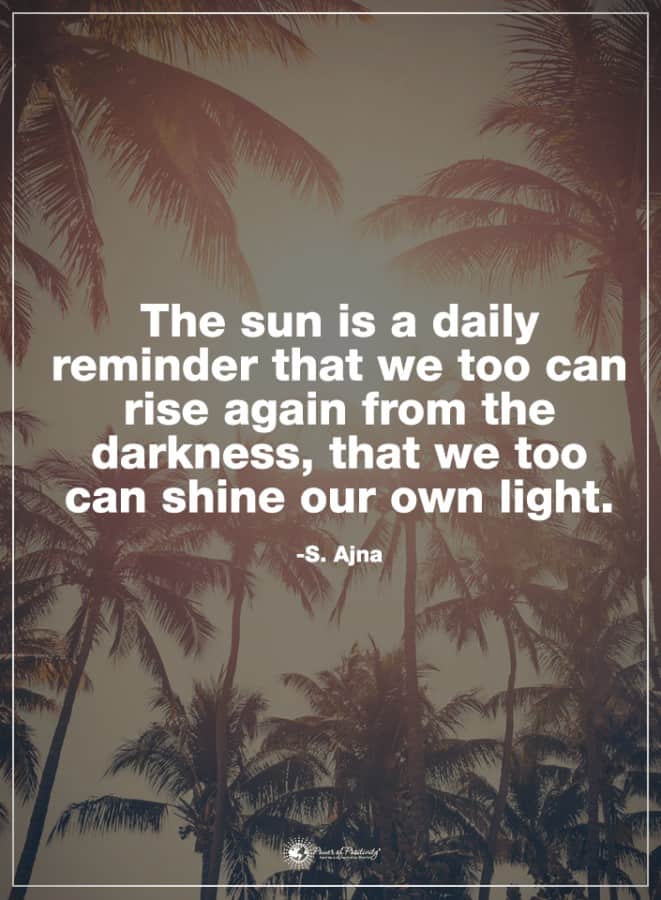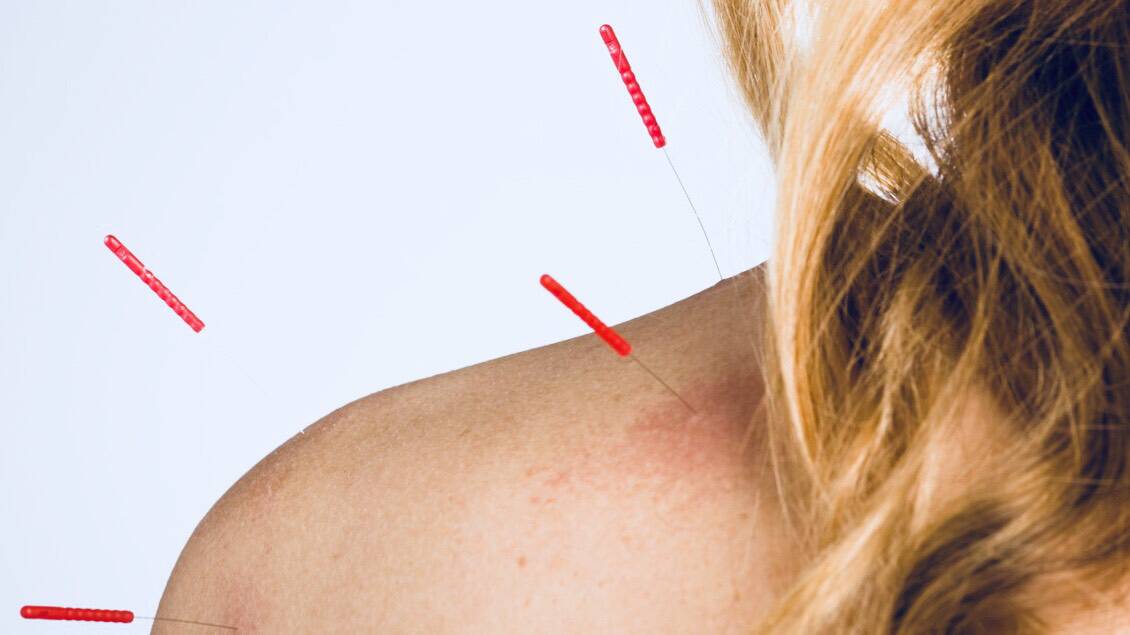Chronic depression is a form of clinical depression that can affect children and adults. Maybe you’ve been battling this condition, wondering about alternative and natural therapies, you’ve been newly diagnosed, or you’re concerned about a loved one.
The medical term is dysthymia or dysthymic disorder. Symptoms generally last for over two years and over one year in diagnosed children.
Common Dysthymia symptoms:
• Hopelessness
• Sadness
• Empty feeling
• Low self-esteem, including self-criticism and feeling inadequate or incapable
• Trouble concentrating
• Inability to make decisions
• Zero interest in daily, once loved activities
• Lack of energy
• Guilt of past events
• Lack of appetite
• Overeating
• Sleep issues
• Avoidance of people and social settings
• Irritability
Symptoms can also vary into the extremes, similar to major depressive disorder, or be mild and almost unnoticeable beneath daily stress. Still, you should seek to treat both the disorder, underlying causes, and your symptoms through a blend of cognitive therapy, natural, and conventional methods (1).
Causes
Causes vary between people. Understand that science and medicine are still researching and learning about the brain, disorders, and its link to hereditary genes, life events, biology, chemistry, and social factors. In many cases, your cause isn’t known or one singular trigger.
Some people are born with biological differences in their brains. Others have a chemical imbalance. Many have a family history of mental illness. Then there are people with trauma in their lives that acts like a catalyst.
Common Concerns with Chronic Depression
Dysthymia has no cure, but untreated, it can lead to substance abuse, eating disorders, personality disorders, and other psychiatric conditions.
Prolonged depression can interfere greatly with personal, school, and business life. You might have difficulty with relationships too, including forming close bonds or showing signs of anti-social behavior for no apparent reason.
If thoughts of self-harm arise, please contact your doctor, the National Suicide Prevention Lifeline (1-800-273-8255), or seek an emergency room immediately.
12 Natural Remedies for Coping with Chronic Depression
1. Omega-3 Fatty Acids
Omega-3 fatty acids are essential for brain health, so a modified Mediterranean Diet that includes plenty of salmon, olive oil, avocado and whole foods can be ideal. Paleo and keto diets might be beneficial too. Vegans and vegetarians can modify these diets. No matter the diet or lifestyle, aim for whole foods and focus on the foods you can eat.
(2, 3, 4)
Top Omega 3 Sources:
• Fatty fish: tuna, mackerel, wild caught salmon, and anchovies
• Walnuts
• Chia seeds
• Ground flaxseed
• Hemp seeds
2. Exercise
While links between mental health, your brain, and exercise still need more research, medical professionals do know that moving your body for as little as 15 minutes a day can improve symptoms of depression (5).
Of course, you can reap secondary benefits such as losing weight, toning your body, improving cardiovascular health, and more. It’s one of the healthiest ways to cope with any issues as long as your exercise program isn’t excessive.
Exercise and physical activities can swap places as needed.
3. Mediation
Meditation meets psychology with mindfulness-based cognitive therapy (MBCT). This blended practice of Eastern and Western medicine performs well in repeated studies. One in particular has proven it to be more effective in treating long-term depression than medication alone.
How does it work? The key is mindfulness. When we become depressed, the depression invades our thoughts and lives.
MBCT snaps you back to the present and reverses the spiral. Speak with your therapist to learn more about this practice, or you can find numerous apps, free guides, and books to guide you through MBCT at home.
MBCT Meditation
1. Sit in a proper position with your feet flat against the floor or ground.
2. Shut your eyes and visualize your breath. Don’t attempt to control it. Observe your entire body without judgments as you breathe.
3. Let your mind wander. Don’t linger there. Refocus on your breath and control your intention and attention.
4. Repeat this process daily. Aim for 20-30 minutes, but you can build up to it too.
4. Aromatherapy
Studies support using essential oils through inhalation and massage for treating depression. Lavender essential oil is one a few studied for its effectiveness. It’s safe to use too.
You can purchase quality essential oils nearly anywhere. You don’t require special devices; although, diffusers can enhance your experience. It’s possible to see benefits from sniffing a vial of lavender or another oil with anti-depressant qualities.
Essential Oils for Depression
• Lavender
• Jasmine
• Bergamot
• Sandalwood
• Chamomile
5. B-12 Supplements or Foods
Research suggests there could be a link between vitamin B-12 deficiency and depression. For those who suffer from dysthymia, a deficiency could compound your symptoms. It’s important to speak with your doctor and have your vitamin levels checked (6).
Who has an increased risk:
• Vegans and vegetarians
• Had weight loss surgery
• Take heartburn medications
• Have celiac or Crohn’s disease
• Are over 50
6. Eat more Zinc Foods
Recently, researchers have been studying a link between zinc deficiency and major depressive disorder. Dysthymia is similar, and some will develop major depressive disorder. Talk to your doctor and have them test your zinc levels (7).
7. Magnesium Supplements or Foods
One side effect of a magnesium deficiency is mental illness symptoms. While it’s not the cause of every case, you should speak with your doctor to ensure your magnesium levels are where they should be. Even if you fall in a normal range, a supplement might benefit or improve your symptoms.
8. Saffron Stigma and Petal
Ingesting saffron, specifically the stem, has shown improvements in mild to moderate depression. Including more saffron dishes in your diet could be a fun way to explore this option, but you can also find it in capsule form.
9. Acupuncture
Traditional Chinese medicine has long been effective for many people with treating depression, anxiety, and other medical and mental conditions. At the heart of acupuncture, you’re working to rebalance the flow of energy in your body.
During an acupuncture session, your body releases endorphins. These endorphins reduce pain in your body, including emotional and depression. Acupuncture could be a safe, reliable way to cope with your pain through endorphin release.
10. Massage
Stress and anxiety can become contributing factors when you have long-lasting depression. By alleviating stress through massage, you can better cope with your depression and day-to-day life. According to the Mayo Clinic, massage increases serotonin by reducing cortisol in the body.
11. SAMe Supplements
Since the 1970’s, SAMe has been used to treat patients in Europe, but in the US, the FDA only considers it a vitamin supplement. The synthetic form is useful for many conditions, but for depression, it’s the serotonin and dopamine boost that makes it valuable and effective.
12. St. John’s Wort
St. John’s wort is perhaps one of the most studied herbal supplements for depression. Controversy and mixed studies follow its historical use, but many people have found and do find it beneficial and preferable as a treatment alone or combined with other therapies.
Final Thoughts on Chronic Depression Remedies
Chronic depression has no cure, but you do have access to natural remedies that can be safe and effective to use with your current treatments. Diet and lifestyle changes might be necessary as they’re contributing factors to stress and dysthymia.
Take one step and one day at a time. Understand that some remedies might require weeks before you begin seeing results, such as with vitamin and mineral deficiencies. Your body must rebuild its stores first.
Some methods might not work well for you. Don’t despair. That’s normal since every person is different. Keep trying until you find natural alternatives to manage your symptoms and improve your life.


















